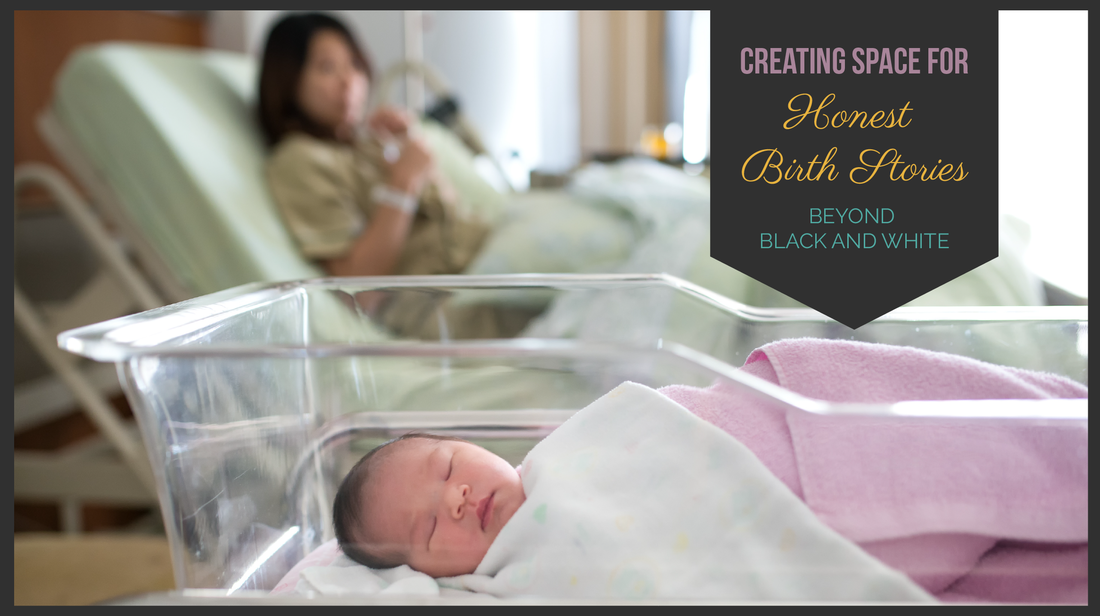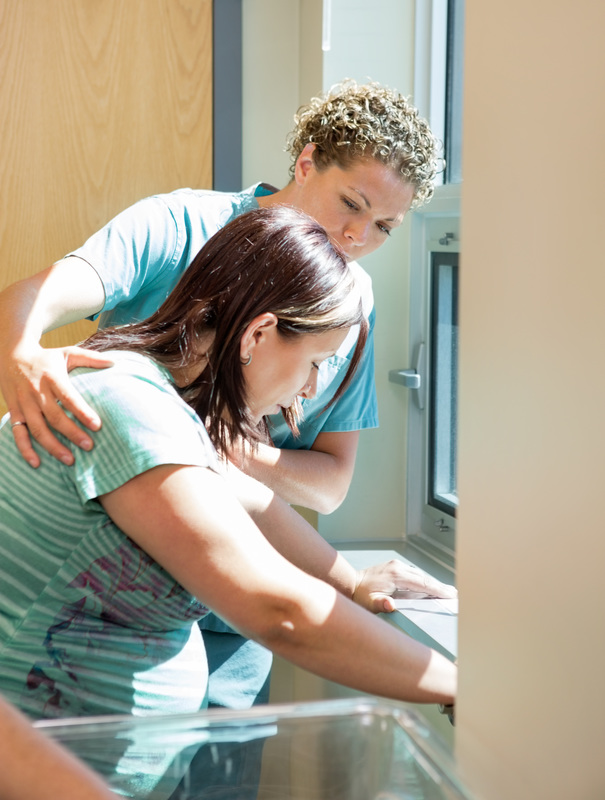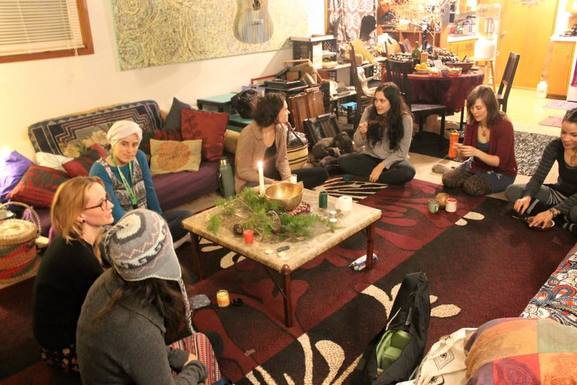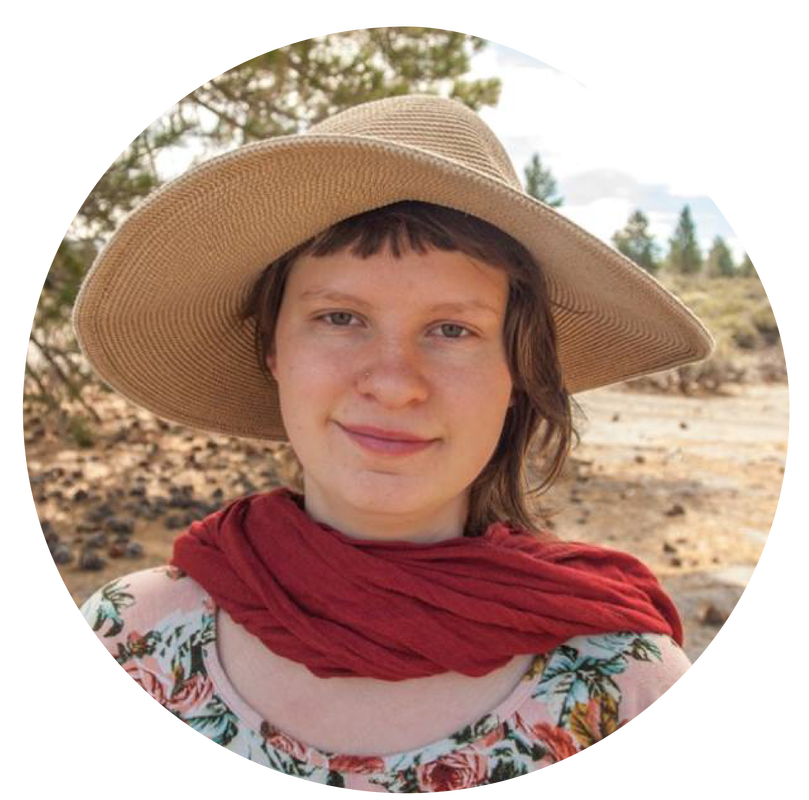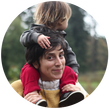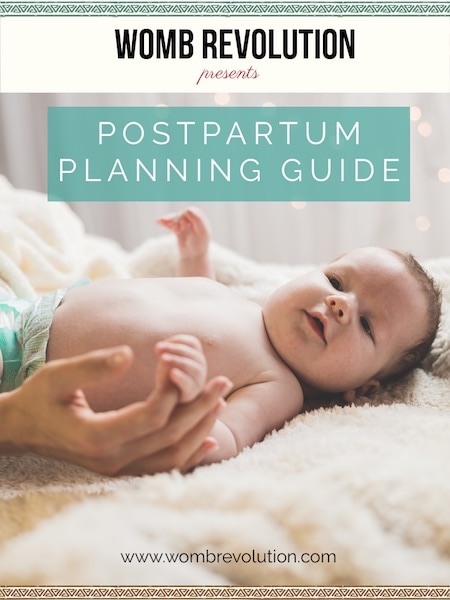I ask everyone I know who has had a child to tell me their birth story. And almost every time, I notice the urgency they have to tell it and retell it, the surprise in their eyes at how much they suddenly want their story to be known and acknowledged. The stories take on the form of a fairy tale, or an epic. The stage is carefully set with the events preceding the birth, the challenges and joys of the middle retold, the climax given theatrical weight. People have told me things like: “I went to a place that I didn’t know existed with in me,” “I didn’t think I could make it through this,” “I felt so alone in my experience,” “I felt like a superhero.”
It becomes clear how important the experience of birth has become to all of these people.
| Pop-culture and media birth stories leave very little room for parents to navigate the complexity of real emotion that accompany birth. |
| There’s a deep, wide river of experiences that make up the birth story. What does it mean when the mother is handed her child, and is feeling more that just pure bliss? What about the challenges of transitioning into parenthood, recovering from a physical experience different from any other, or potentially encountering postpartum depression? “You have a healthy baby,” the world says, “this should be the happiest moment of your life!” This insistence, while well intentioned can have the result of robbing new parents of their own complicated experience, and silencing the details that go beyond just joy or tragedy. |
It is so important to value all kinds of birth, the decisions that the family makes about their experiences, and the decision that were out of anyone's hands. The story of birth is of course the baby’s story, but it also becomes an important part of their life story for the mother, the father, the parent, the grandparent, and it is a story they need to tell.
| So many birth stories don’t get told because they don’t fit neatly into what we assume birth should look like. |
| We can all help create safe space for these stories by learning to listen to one and other, without judgment and acknowledging the diversity of our experiences, and by doing so, find both healing and celebration. |
| Sophie Smyer is a new doula and recent graduate of the Evergreen State College living in Olympia, Washington. She has spent the last 4 years learning about birth in relation to reproductive justice and anti-oppression work. She is passionate about working with and holding space for clients who may not find what they are looking for in other birth settings, particularly queer folks, single parents, young parents, differently abled folks, inmates, and people of color. She is just beginning her work as a doula, volunteering at St. Joseph’s in Tacoma and connecting with other birth workers in the community. |
